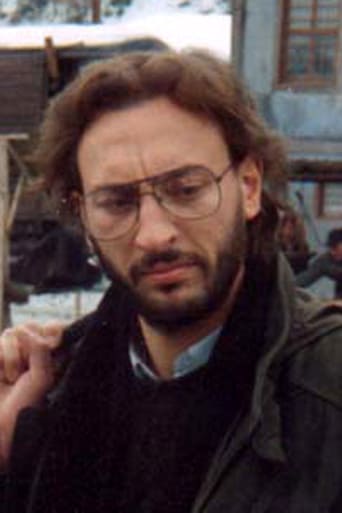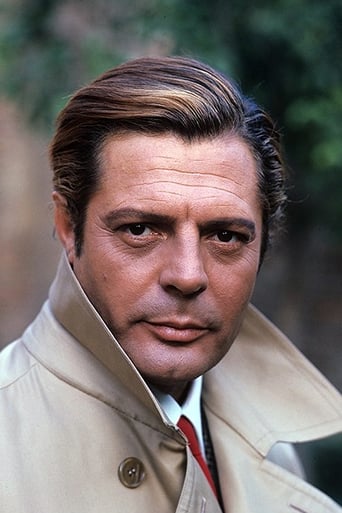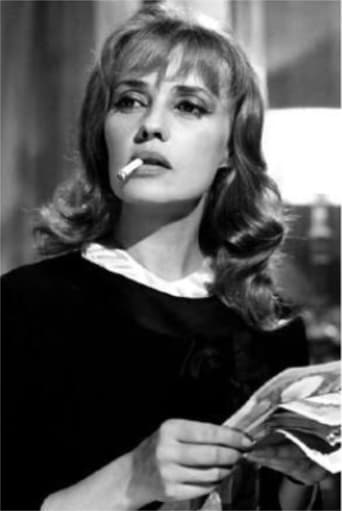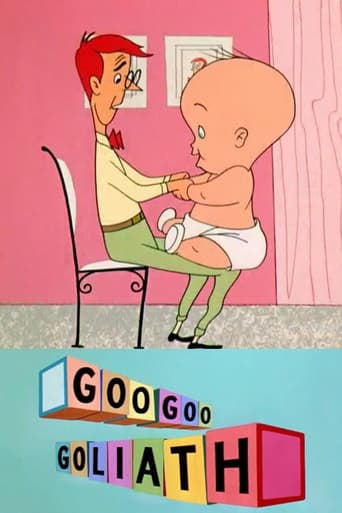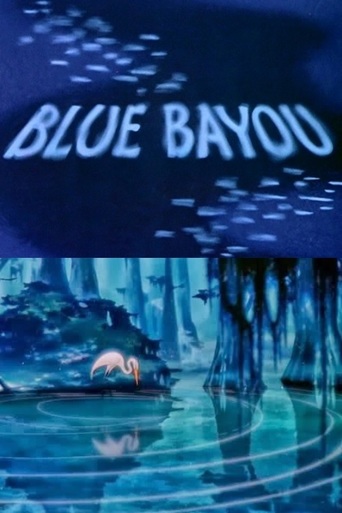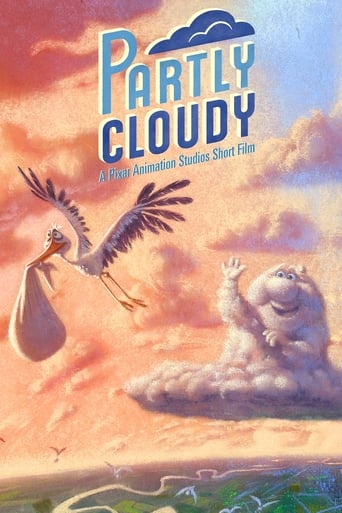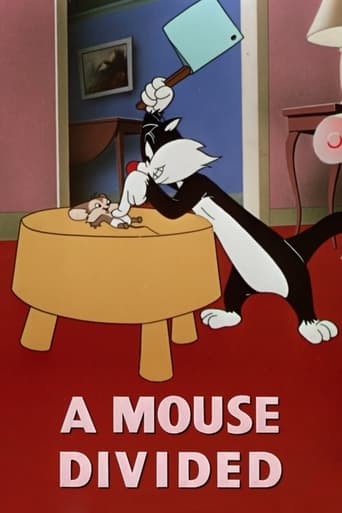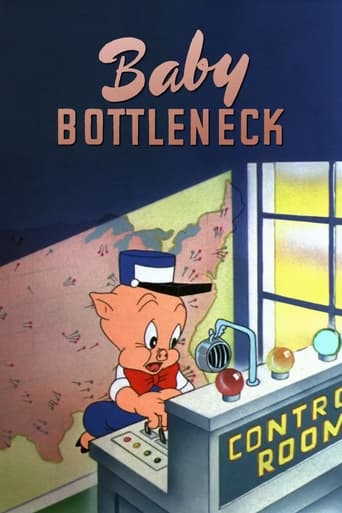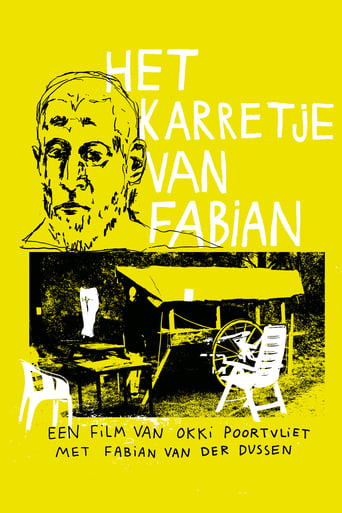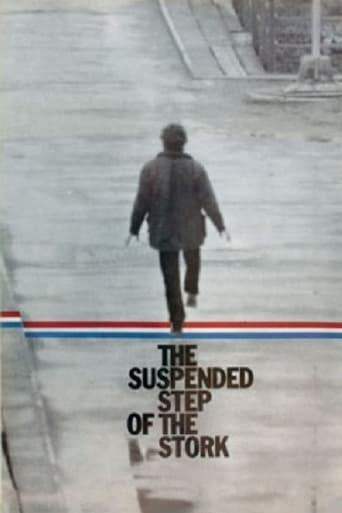
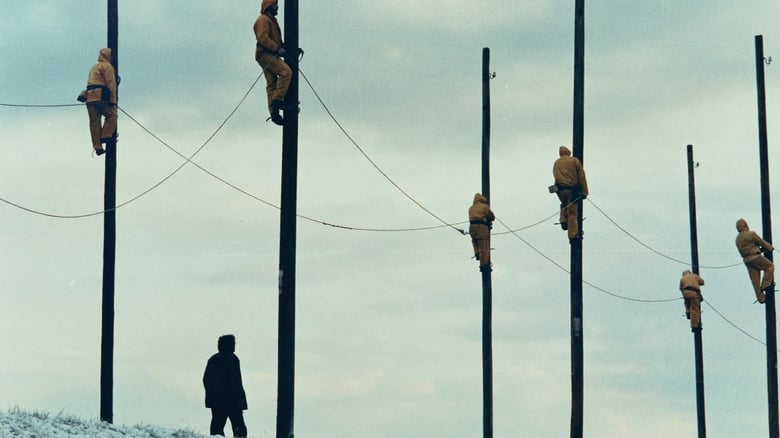
The Suspended Step of the Stork (1991)
A reporter notices an old man in a border town who may be an important Greek politician who disappeared mysteriously years ago.
Watch Trailer
Cast
Similar titles

Reviews
This is a small, humorous movie in some ways, but it has a huge heart. What a nice experience.
I enjoyed watching this film and would recommend other to give it a try , (as I am) but this movie, although enjoyable to watch due to the better than average acting fails to add anything new to its storyline that is all too familiar to these types of movies.
There are moments that feel comical, some horrific, and some downright inspiring but the tonal shifts hardly matter as the end results come to a film that's perfect for this time.
Blistering performances.
Our house is your house. Our house ... We passed the borders and we are still here. But how many borders must we pass to go to our home?This particular phrase from the unforgettable Theo Angelopoulo's film sums up the whole meaning of the film and the Trilogy of borders.Alexandros a TV reporter armed with the energy of the youth seeks a missing politician in a border town.The town is full of people from many ethnicities among them there is the politician(Marcelo Mastoioanni).His character a talented writer and politician disappears mysteriously and leaves everything behind to seek the very place which will make him happy,he seeks a home.The film title is a reference on the fatal step that people may take to cross the borders literally and not,the thoughts in that hour and danger of doing the step or fending off from it.Mastoioanni's character for another time in the end of the film takes the step of the stork and goes in another journey crossing borders once more.One of the best movies of Theo Angelopoulos.Unlikely from the most of his films,here the dialog serves the plot smoothly.The actors marry words with emotions.The beautiful landscape photography makes the movie even more beautiful.Although as all Angelopoulos movies the action is reduced.The mainstream viewer might get bored as it is a cult film with deep emotional scenes.Humanism dominates as people are the center of the films's axis.People have to overcome all the borders in their way even if they are guarded from soldiers.The movie with a simple plot delivers deep messages who change everyones way of thinking.All in all one of the greatest Greek films of the century.Highlight of the film: The Suspended Step of the Stork on the board line of Evros and the odd wedding across the river.
This was my first, and probably the last Angelopoulos movie. I was eager to get into it, as it featured Mastroianni, one of my favorite actors and was a film By Theo, of whom I've heard a lot. The opening was promising, a long shot over a jeep of soldiers across the Albanian-Greek border. OK! but that was all. Nothing left. The movie had big holes and I don't know which to mention first. The main plot of the story is revealed to the journalist by the old woman. during a long walk. It's like a 15 minutes monologue, killing the action and viewers patience, nothing happening on screen for 15 or even 20 minutes, apart this old lady telling a story. All that is presumed to be shown through action, was simply told to the camera by the old lady. In a moment, the equippe of TV was heading to the bar. They turn the corner and immediately the winter begins! Probably, shot in different days, continuity leaked. A lot of problems with the story-telling, it went from absurd to irrational never sticking to a style, making the viewer asking questions that never got answers. Poor Mastroianni, given a role which lacked integrity or charm. On the other hand, as many Greeks or Albanians or Balcan people would agree with, the movies showed lot of historic, ethnic, or politically incorrectness, just for the sake of making a movie about "humanity" as a red in another review. A lot more to say, but no time to lose on a poor movie, which was not movie at all, but lunacies of a person impressed on film and paid with state money.
Question: how does a bourgeois director treat a subject like immigration ? Answer: by turning it into an existential alienation parable.Yes, we're back in the early 90s, just after the disintegration of the Eastern block and the subsequent flooding of immigrants in the European Union, and what better way to deal with the subject than making a film about an existentially alienated middle-class journalist, an existentially alienated upper-class politician, his existentially alienated rich wife, and so on.In the background, immigrants are asking for political asylum in an unnamed Greek village near the borders. I guess that way Angelopoulos can show some social awareness, while dealing with the existentially troubled upper-classes. I mean honestly, the scene where some top-ranking army-officer curses his destiny cause he sent his daughter to study in London is enough to make you puke.Anyway, it can't be that bad, Angelopoulos is a master of the cinematic art after all, right ? Wrong. It's at this point when his mannerisms start getting too artificial, sort of like a filtered image in Photoshop. His usual tricks show up: there are blurred windows, blurred lights, a weird wedding, a walk by the river-shore, and people with yellow water-coats. Also Mastroianni breaks new ground for most sleepwalking performance ever. Avoid really. Go for his early films.
Having only ever seen one Angelopoulos film before - The Travelling Players, which thrilled me about as much as paint drying on a wall - I was unprepared for the revelation that is The Suspended Step of the Stork. Shot over a decade ago, this long metaphysical tale of desperate refugees and disenchanted politicians has become more contemporary with each intervening year. As if a lone Greek film-maker had somehow prophesied the horrors of Bosnia, Afghanistan and Iraq - and the creeping paralysis that has overtaken Western democracy.It begins in a refugee camp on the Greek-Albanian border, where a TV journalist spots an elderly man (Marcello Mastroianni) and decides he is a leading politician who went missing years before. Tracing the man's 'widow' (Jeanne Moreau) the reporter gropes his way towards the film's central dilemma. What could make a progressive intellectual lose all faith in humanity, to the extent that he gives up not only his political career but also his very identity?This sounds like dry stuff indeed, and so it might be without the alchemical power of Angelopoulous's camera. There are sequences here that beg for inclusion in an anthology of all-time cinema greats. The tracking-shot along a disused train, each carriage inhabited by a penniless refugee family. The wedding across the river, with bride and groom stranded on opposite sides by the arbitrary idiocy of national borders, which veers perilously close to kitsch but never succumbs.Moreau is magnificent, Mastroianni his genial hangdog self, but neither actor could ever mistake this film for a star vehicle. If there is a star here, it's the soul of humanity itself. A soul neither living nor dead, but held in suspended animation.
